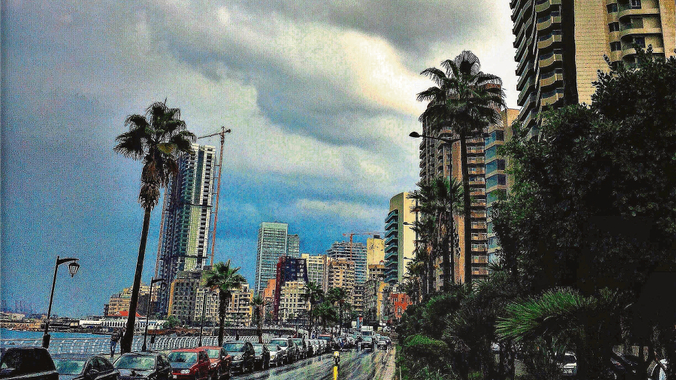
Emily Mathieson, Mail & Guardian
Beirut, the capital of Lebanon, has a mix of beauty, history and anarchy that can be deeply inspiring. The element of the unexpected, even chaos, leaves a lot of space for creative expression.
The reason I live in Beirut is because of the inspiration it gives me as an artist and filmmaker. It challenges me and makes me feel connected. I feel that I am living in history as it happens. Here, I feel I can leave a mark and make a difference.
Beirut is next to the sea. I can see the Med from my dining room window. It’s great to stroll along the corniche (promenade), especially early in the morning, when the city is fresh and clean, but the sunset is nice, too. It’s the place to see all walks of society: fishermen, joggers, children on their bikes, people drinking coffee or playing backgammon. There are veiled women walking hand in hand with girls in mini skirts, as well as musicians and street artists.
My family moved to Lebanon when I was five. I’ve lived in many countries since, but Lebanon is the place I call home. Currently I live in Beirut with my husband, filmmaker Jean Chamoun, and my two daughters, Nour and Hana.
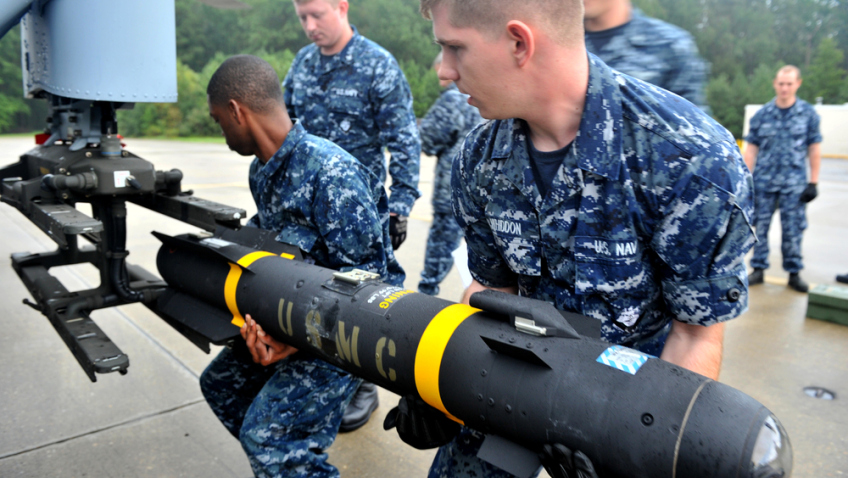
By Ash Gallagher, Special To Gulf News
Beirut, Lebanon: According to the UNHCR, Lebanon has absorbed at least 1.5 million Syrian refugees since the start of the conflict and the Lebanese Armed Forces (LAF) have increased counter terrorism operations in partnership with the US military and the CIA.
The US government recently announced a new $150 million (Dh550.5 million) package to be delivered to the LAF in addition to 560 artillery rounds and 50 Hellfire missiles. The US strategy has taken a turn since Washington announced it would refrain from training more “moderate” rebels in Syria.
Gulf News sat down with US sources who gave insights into America’s intention of providing increased funding to the Lebanese saying this was part of the strategy to step up the war on terrorism.
Azza el Masri, StepFeed
While some Lebanese have started taking personal initiatives to recycle “from the source” with the help of online campaign #LetsSort as the trash crisis enters its fourth month, others have added a little creativity to the widespread #YouStink movement.
As the movement gains momentum, many have turned to creative methods to raise awareness on the issue, especially with winter’s arrival and the continual stalling by the Cabinet to approve a plan.
Com Fu, a marketing firm, has contributed to the movement by introducing “Haute Zbouture” – a fashion show where models wear designs made out of trash bags. The satirical video, published Wednesday, shows models wearing these trash bags in different styles and walking down a hall under club lights and while loud music plays.
While some Lebanese have started taking personal initiatives to recycle “from the source” with the help of online campaign #LetsSort as the trash crisis enters its fourth month, others have added a little creativity to the widespread #YouStink movement.
As the movement gains momentum, many have turned to creative methods to raise awareness on the issue, especially with winter’s arrival and the continual stalling by the Cabinet to approve a plan.
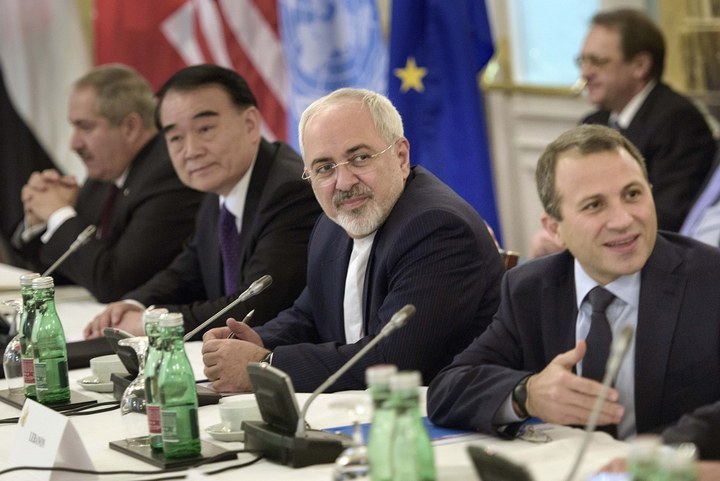
Buzzfeed, Anthony Mills
VIENNA — Major disagreement still exists between opposing camps present at today’s Syria talks in Vienna, Lebanese Foreign Minister Gebran Bassil told Buzzfeed by phone after the meeting.
Asked about the atmosphere inside the meeting room, he said: “The disagreements are still very evident.” That, he added, was a “diplomatically correct” way of referring to them.
Bassil said the outcome constituted “a start for an all-inclusive process … a major achievement” considering the apparently enduring deep divisions.
U.S. Secretary of State John Kerry was more sanguine than his Lebanese counterpart when speaking about the meeting’s outcomes afterwards, though still cautious about just what will come of the talks. “I will leave with a fresh sense of possibility,” he said before speaking to reporters with Russian Foreign Minister Sergey Lavrov and U.N. Special Representative for Syria Staffan de Mistura.
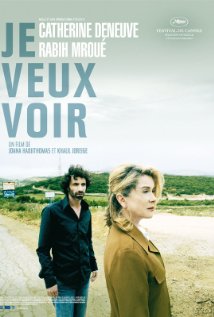
universitychronicle.net
The Lebanese film “I Want to See” is an experimental work that is an interesting watch. Written and directed by husband and wife, Khalil Joreige and Joana Hadjithomas, they spin a story of a post-war Lebanon. Using part scripted and part documentary style filming and directing, Joreige and Hadjithomas take film to a whole new level.
As we start the film, we see famous French actor Catherine Deneuve, playing herself in the film, talking to her security agent. The first words we hear are, “I want to see,” arguing about her going to Lebanon to film. Then there is a quick transition to meeting Rabih Mroué, the director’s favorite actor who is in all their films.
Then our actors take to the road. But not until we see the actual directors introduce them and tell them to get acquainted. Deneuve and Mroué drive and walk through towns, seeing the destruction and rebuilding taking place. They are on their way to the town that Mroué grew up in. When they get there, rubble fills the streets. Mroué wanted to show Deneuve where he had lived as a child, but he couldn’t find the building; even the road to the house was destroyed. The confusion and anguish on his face makes the scene.
Parisa Hafezi, Sylvia Westall, Reuters
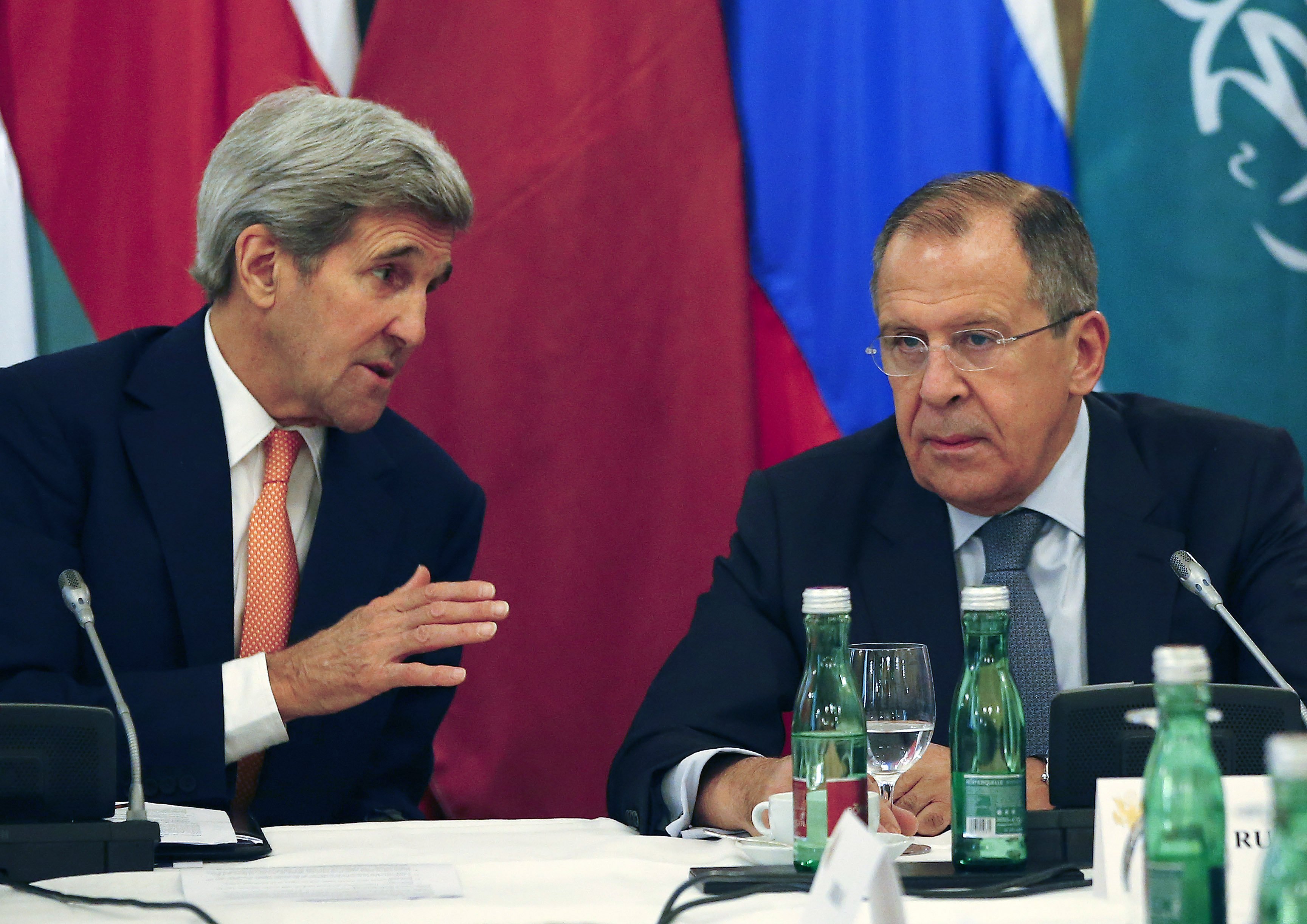
VIENNA/BEIRUT (Reuters) — Iran signaled on Friday it backed a six-month transition period in Syria followed by elections to decide Bashar al-Assad’s fate, a proposal floated at peace talks as a concession but which the president’s foes rejected as a trick to keep him in power.
Sources who described the Iranian proposal said it amounted to Assad’s closest ally dropping its insistence on him remaining in office.
But Assad’s enemies say a new election would keep him in power unless other steps were taken to remove him.
His government held an election as recently as last year, which he easily won. His opponents have always rejected any proposal for a transition unless he is removed.
Iranian officials attended international peace talks on Syria for the first time on Friday in Vienna, a month after the balance of power in the 4-year-old civil war shifted in Assad’s favor with Russia launching air strikes against his foes.
iloubnan.info A Christian spiritual summit convened yesterday as a conclusion to the Syriac Catholic Bishops Synod, which was held at the Patriarchal Notre Dame Monastery in Al Cherfe, in the presence of the Apostolic Nuncio Gabriel Katchea. A large number of patriarchs or representatives of eastern churches attended said summit, amongst them Maronite Patriarch Cardnial […]
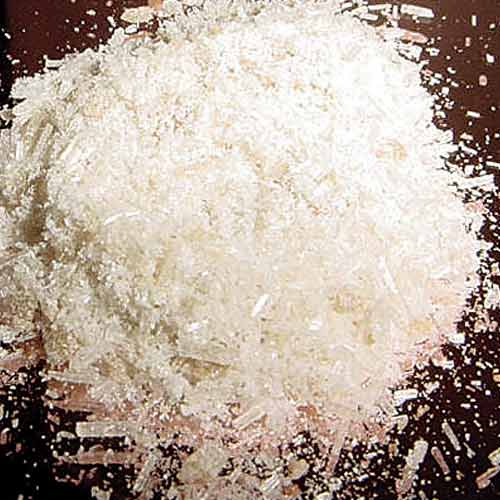
BEIRUT (Reuters) – Lebanese customs officials discovered 230 kg of Captagon amphetamine pills hidden inside tables prepared for export to the Gulf state of Qatar from Beirut international airport, the finance ministry said in a statement on Friday.
The ministry, which oversees the customs department, provided photos of the white pills crammed inside table beams and said 1.5 million in total were discovered late on Thursday.
There were no immediate details on who had been trying to transport them, but the statement said an investigation into the smuggling attempt was continuing.
The drugs bust comes days after Lebanese authorities detained five Saudi citizens at the airport after finding two tons of the same drug abroad a private jet bound for the Gulf kingdom.
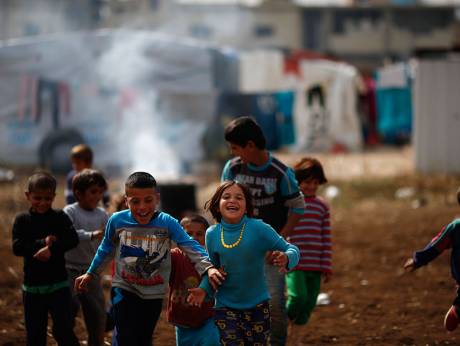
Joseph A. Kechichian Gulf News Senior Writer
New York: According to the pro-Hezbollah Lebanese daily Al Safir, the country’s political elites agreed during the 20th session of the putative National Dialogue to activate the security plan first proposed in February 2015. Speaker Nabih Berri declared that an accord in principle was reached between Hezbollah, which controls the Bekaa Valley, and the Future Movement, which insists that the Ministry of Interior apply the law throughout the country.
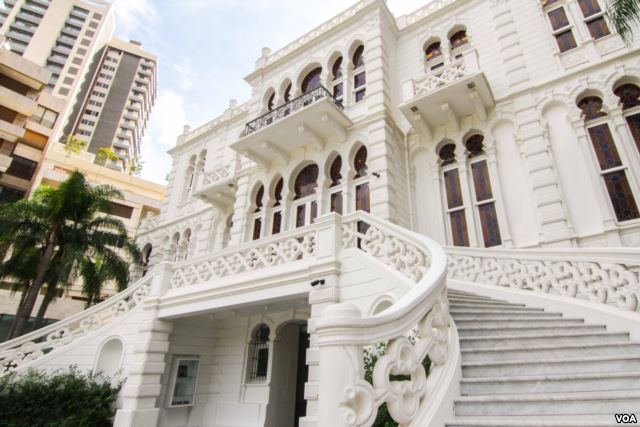
BEIRUT— Following eight years and nearly $14 million in renovations, Lebanon’s iconic Sursock Museum reopened its doors to the public earlier this month in Beirut.
In doing so, it has given another boost to a resurgent cultural scene that is flourishing despite the instability of the country that spawned it.
Originally the home of aristocrat Nicolas Ibrahim Sursock — bequeathed to the city upon his death — the museum opened in 1961 and quickly became a place where visiting dignitaries and leading creative artists mingled.
It endured the country’s civil war, which ended in 1990, but major work was needed.
The result is a hugely increased capacity for Middle Eastern art, sculpture and photography stretching back to the mid-19th century.
Most of the expansion was done beneath the mansion, where the addition of a subterranean library and exhibition space are among the reasons it is now effectively five times larger.



